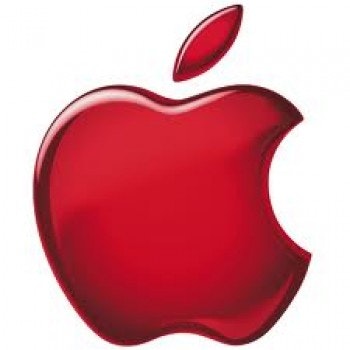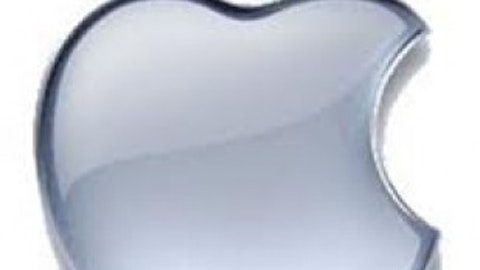This Monday saw a brief respite for investors as Apple Inc. (NASDAQ:AAPL) rose by $9.95, or 2.3%, to $449.83. Apple groupies the world over probably felt a little relaxed after 5 months of watching the company spiral down into an abyss. While analysts were predicting a downturn for some time, surely no one could have predicted today’s price on
Sept. 19, 2012, when Apple reached a closing high of $702.10 and went as high as $705.07 that week. Then came the quarterly earnings results last week, targets dropped fearfully low and the actual price closed much lower- $439.88 on Friday. The launch of iPhone 5 on Sept. 21,
2012 didn’t help the stock price much, although earnings were good. The title of the ‘most valued company’ that Apple gained by surpassing the market capitalization of Exxon Mobile in 2011 has returned to the oil company. Exxon’s market capitalization now stands tall at $417.10 billion, while Apple has fallen to $412.3 billion in market capitalization.
Apple for the Lumpens? No way
Financial markets worldwide are driven by investor sentiment, and companies ignore that at their peril. The news that Apple is now working on a low budget iPhone for the middle-lower strata of the market was an unpleasant revelation. Apple products resonate with unparalleled levels of quality and style. I am willing to pay a premium for this. I once bought an iPod which was ridiculously expensive, but I bought it nevertheless and I loved it because it was Apple. That is the brand value that Apple enjoys. The decision to enter the low cost market is a realization of the threat by Apple CEO Tim Cook that the competition is catching onto them and that their products are no longer good enough. That is one way to look at it – the hardcore Apple fan way.
Drying up of the Inspirations
Then come the problems of stunted growth and innovation. Apple needs to focus on bringing new, unique products into the market. Focusing on creating upgrades for existing versions alone cannot safeguard their market share. The competition is not doing that if you count them together. As a whole, they are being very innovative with their Galaxy Notes, or their Ultrabooks. Microsoft Corporation (NASDAQ:MSFT)’s Windows 8/RT may not have taken off to a great start, but the concept is novel. As I have mentioned elsewhere, looking at content is not going to be the future of smartphones and tablets. Creating content is where the future is, and Microsoft’s is the first important effort to create a tablet that can actually create content. The concept of a touchscreen laptop-cum-tablet that can work as both at the touch of my hand is an important innovation. I will wait until they come up with a better product, but eventually I will prefer something like that. On my iPad, all I can do is look at stuff–I can’t create.
Rules aren’t meant to be broken, not so inconsistently
And then there are the inconsistent policies. The recent uproar over the Vine app created by Twitter is a good example of this. While Apple has blocked several small application developers from allowing adult content on their apps, the Vine app created by Twitter for the iPhone and compatible iPod versions was buzzing with adult content within minutes of its release. There was a time when Apple was threatened by none, but no longer. Last year Apple dropped Google Inc (NASDAQ:GOOG) maps from the iOS and replaced it with Apple Maps. It also announced that the iOS6 will not come with a preloaded YouTube app. Seems to me like a way to restrict Google’s efforts to deliver content to the growing number of mobile users. Not to forget the patent wars with Samsung that one hears of every single day!
Paired Trading
The eroded investor sentiments have consequently led to what is known as paired trading, a phenomenon which had a huge role to play in the crash. This involves a person taking a long position in a stock that is expected to rise in value and the resulting risk is hedged by short selling those stocks which are expected to fall in value. Such paired trading has led to the rest of the market going comparatively higher while Apple continues with the downfall. Companies like Facebook, Dell, HP and Samsung, the Korean technology giant, have hugely benefited from this market activity, among other things.





